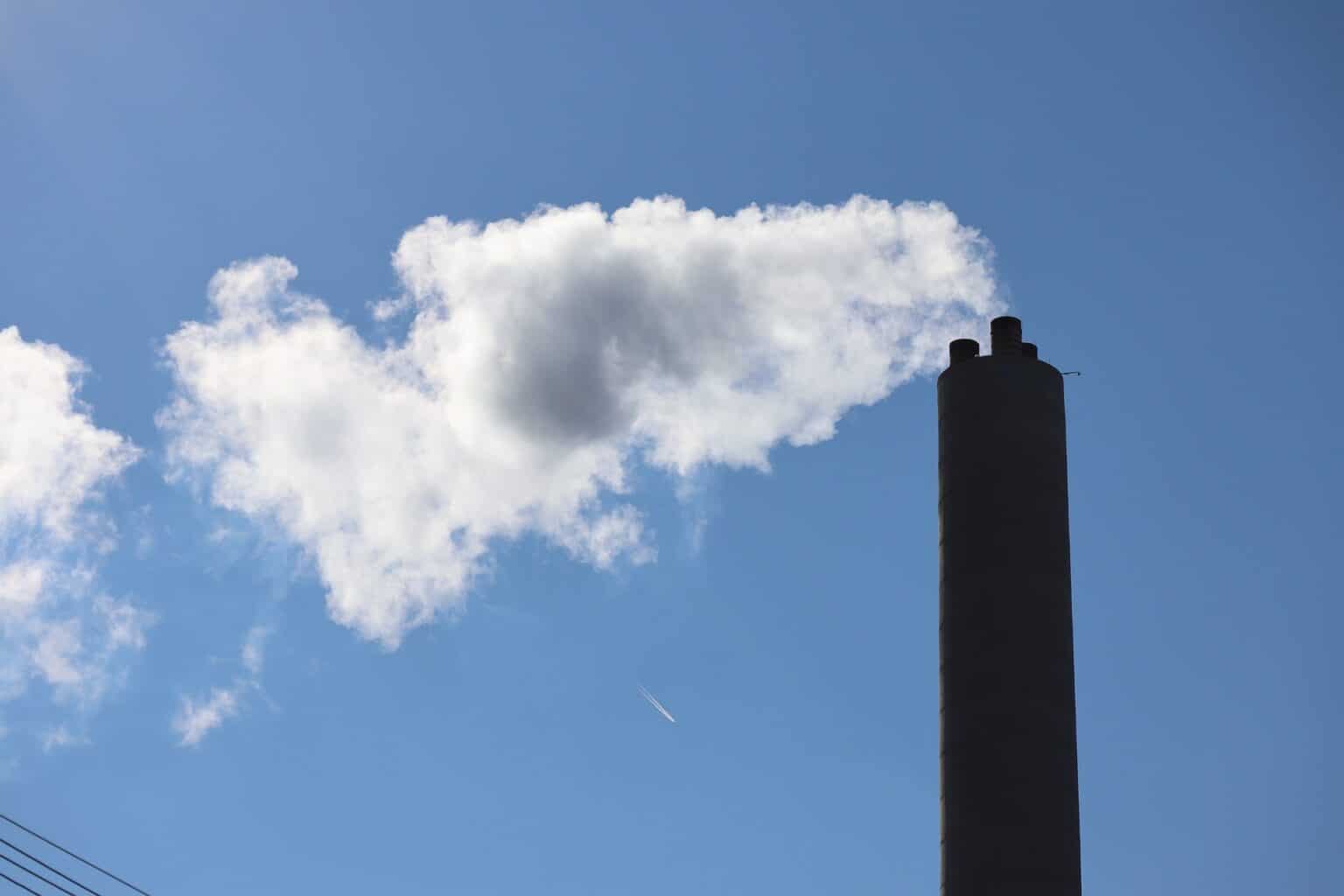
Cancer is of great concern to people and institutions in SWPA, but few cancer-focused constituencies are engaged in efforts to reduce environmental exposures contributing to the disease. Collaborative work by these constituencies is the premise of this initiative, along with partnerships with others experienced in environmental health and solutions to stimulate action in research, policy, programs, purchasing and clinical practice to reduce environmental risk factors and strengthen cancer prevention. Environmental risk factors of concern in the region discussed at the 2019 Cancer and Environment Symposium, the launching point of this network, include air pollution, radon, carcinogens in consumer and building products and exposures associated with oil and gas development.

